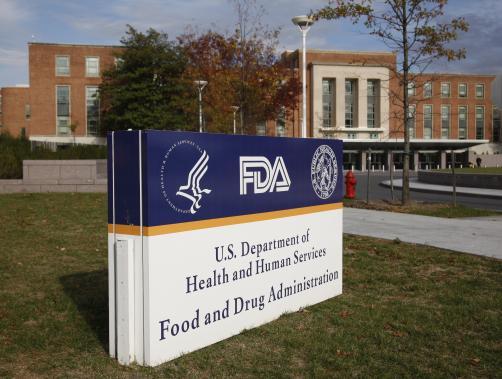Janssen's esketamine depression drug set for key panel vote

Janssen’s potential depression treatment made from esketamine – a version of the substance notoriously used illegally as a party drug – is to be reviewed by advisers to the FDA at a crunch meeting this week.
Tomorrow’s joint meeting of the Psychopharmacologic Drugs Advisory Committee, and Drug Safety and Risk Management Advisory Committee will discuss the mixed bag of evidence gathered by Johnson & Johnson’s pharmaceuticals unit for esketamine.
Votes from the FDA’s advisory committees are not binding, but usually give a good indication about whether a drug will be approved, as the regulator usually follows their recommendations.
Janssen has developed a nasal spray from esketamine, with the aim of adding it to an already-approved depression drug in patients with treatment-resistant disease.
In review papers posted by FDA staff ahead of the meeting, the regulator noted that there is only one drug approved to treat treatment-resistant depression (TRD).
But two of the five large trials used to support the filing have failed to reach their efficacy endpoints, and while this is not uncommon for depression drugs, the FDA’s advisers will have to balance these results against the safety issues associated with the drug.
Janssen has tried to mitigate these by using the chemically “left-handed” version of ketamine – but the FDA’s reviewers have identified issues related to sedation, dissociation, and increased blood pressure.
Nevertheless the lack of alternative treatments has already moved the FDA to designate esketamine as a “Breakthrough Therapy” treatment, allowing for a fast review and development of a drug that could be a significant improvement over existing options for a serious disease.
In the document FDA reviewers noted that it has a range of options to mitigate any safety risks of the product should it decide to approve it.
These include enrolling patients onto a registry to collect safety data after the drug hits the market, as part of a Risk Evaluation and Mitigation Strategy (REMS).
European regulators are also reviewing the drug following a filing from Janssen late last year.












